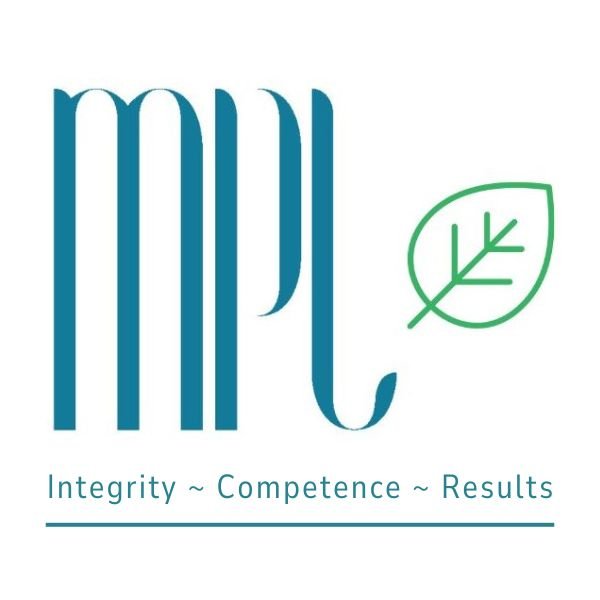Buyers
Important First Steps
Before embarking on the actual Home Buying process, there are 2 (two) important steps you need to do:
1. Know your needs and wants.
2. Determine “How much home you can afford to buy”.
It’s important to know how much house you can afford. Unless you plan to purchase your home in cash, you’ll need a mortgage, which means you’ll have to pass what’s known as the Mortgage Stress Test. The Mortgage Stress Test helps you understand how much mortgage you can afford based on your current financial standing and is a requirement for all Canadian home buyers.
This applies to mortgages from any financial institution regulated by the federal government. If you already have a mortgage, you’ll need to face the Mortgage Stress Test should you choose to refinance your home, take out a home equity line of credit or switch to a new lender.
Before making an offer on a home (or even start actively searching for one), it’s important to have obtained a Mortgage Pre-Approval. You’ll then know what price range you can comfortably search in. And should you decide to make an offer on a property, this shows you’ve undertaken the right steps to know what you can purchase, and provides confidence to a Home Seller that you are likely to obtain a mortgage approval should your offer be approved.
Once you have been pre-approved, you will then receive a Mortgage Pre-Approval letter.
We will be happy to refer you to our trusted mortgage partners should you need a mortgage broker.
=o=o=o=
NB: A mortgage pre-approval differs from a mortgage pre-qualification (which is done online), in that you will be asked by the mortgage broker for your personal financial information (such as shown in the image above to the left, and more) which will be used to determine much more precisely what you can (or can not) afford to buy. A mortgage qualification is simply done online, and since your do not provide the whole financial picture in this case, a final mortgage approval could fail!
You will need to establish your criteria for the type of home you need. Be specific with your criteria. This will help your Realtor® find the best home for your needs and avoid unproductive viewings. It's also best to make a list of must-have and nice-to-have features. Some factors to consider include:
Type and size of property (condo/home, bungalow/cottage, etc)
Number of bedrooms and bathrooms
What you need to be close to (schools; public transport; shopping areas; etc)
Type of area (quiet residential or downtown)
Level of renovation
Parking requirements (driveway, garage)
And don’t forget to think of the Deal-Breakers! (ie: what you really do not want)


